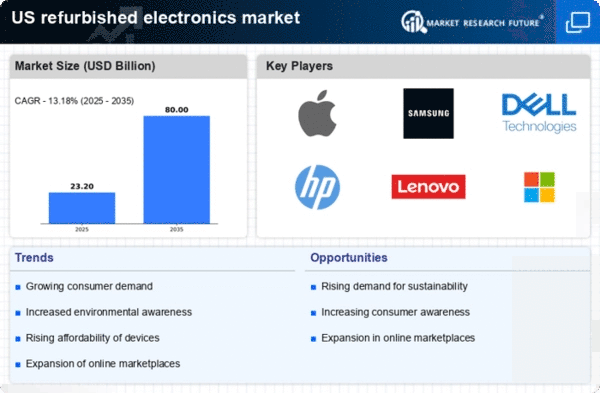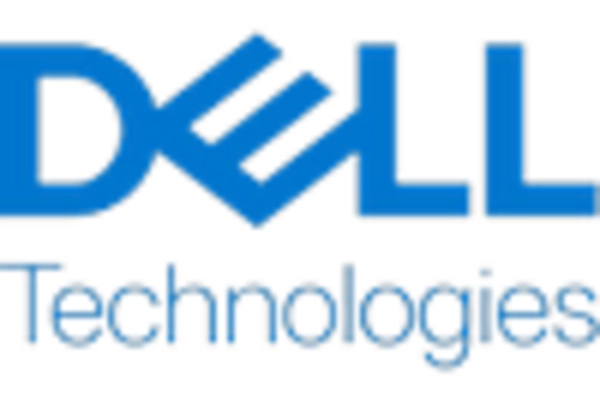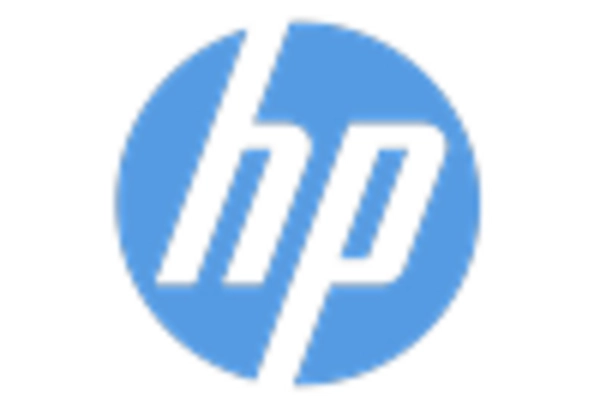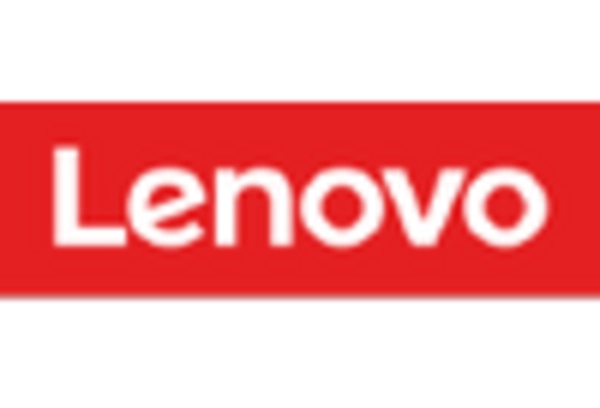Consumer Awareness
There is a growing awareness among consumers regarding the benefits of purchasing refurbished electronics. Educational campaigns and marketing strategies have highlighted the quality and reliability of refurbished products, which has positively influenced consumer perceptions. According to recent surveys, approximately 60% of consumers express a willingness to consider refurbished devices, indicating a shift in mindset. This increased awareness is crucial for the refurbished electronics market, as it fosters trust and encourages purchases. Furthermore, as consumers become more informed about the environmental benefits of choosing refurbished over new, the market is likely to see a sustained increase in demand.
Regulatory Support
The refurbished electronics market is benefiting from supportive regulatory frameworks aimed at promoting sustainability and reducing electronic waste. Various state and federal initiatives encourage the recycling and refurbishment of electronic devices, which aligns with broader environmental goals. For instance, legislation that incentivizes the refurbishment of electronics can enhance the market's growth potential. The refurbished electronics market is likely to thrive under these regulations, as they not only facilitate easier access to refurbished products but also promote responsible consumption. This regulatory support may lead to increased investment in refurbishment processes and technologies, further bolstering the market.
Environmental Concerns
The rising concern for environmental sustainability is significantly influencing the refurbished electronics market. Consumers are increasingly aware of the environmental impact of electronic waste, which has led to a preference for refurbished products. The refurbished electronics market is positioned to capitalize on this trend, as it offers a viable solution to reduce e-waste. Studies indicate that purchasing refurbished electronics can reduce carbon footprints by up to 50% compared to buying new devices. As environmental consciousness continues to grow, the market is likely to see an uptick in demand, driven by consumers seeking eco-friendly alternatives.
Economic Considerations
The refurbished electronics market is experiencing growth driven by economic factors. Consumers are increasingly seeking cost-effective alternatives to new devices, particularly in a fluctuating economy. The average price of refurbished electronics is often 20-30% lower than new products, making them an attractive option for budget-conscious buyers. This trend is particularly evident in the smartphone and laptop segments, where refurbished devices can provide substantial savings. Additionally, as inflation impacts disposable income, the demand for refurbished products is likely to rise. The refurbished electronics market is thus positioned to benefit from these economic pressures, as consumers prioritize value without compromising on quality.
Technological Integration
Advancements in technology are playing a pivotal role in the growth of the refurbished electronics market. Enhanced refurbishment processes, including automated testing and quality assurance, have improved the reliability of refurbished products. As technology evolves, the refurbished electronics market is likely to adopt more sophisticated methods for refurbishing devices, ensuring they meet consumer expectations. Moreover, the integration of artificial intelligence and machine learning in refurbishment processes can streamline operations and reduce costs. This technological integration not only enhances product quality but also increases consumer confidence in purchasing refurbished electronics.















